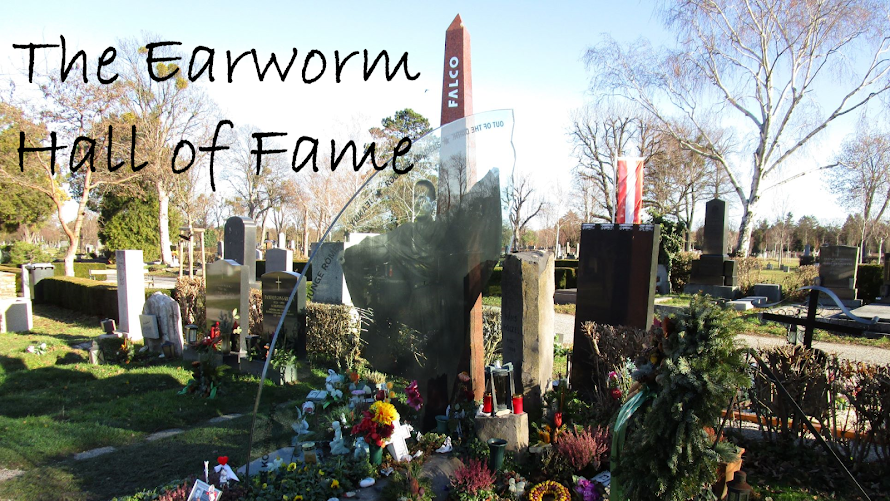Giddy up, um-poppa-um-poppa, mow, mow
Giddy up, um-poppa-um-poppa, mow, mow
High-ho silver, away
Early 80s country-crossover comes to the Hall of Fame. Named for a town that, if not for "Elvira," would be best known as the birth place of the atomic bomb, the Oak Ridge Boys came from a gospel music tradition. They found their home in the pop side of country music. While driven by the engaging lead vocals of Duane Allen, the hook is supplied by the deep bass vocal of a different band member. Fun fact: we always assumed that the bass in the band was the tall guy with the long beard, William Lee Golden, but it's not. He's a harmonizing baritone. The Marianas-Trench deep bass vocal is actually supplied by the most slightly-built member of the group, Richard Sterban. And that's the hook that propels "Elvira" into all-time earworm territory.
Um-poppa, um-poppa, mow, mow, indeed.
The Oak Ridges have released 31 albums and 56 singles over their existence. The classic line-up has continued, relatively intact, since the early 1970s. But their run as country-crossover kings lasted only from "Elvira," which peaked at #5 on the pop charts in the summer of 1981 (the summer of "Bette Davis Eyes" and Rick Springfield's "Jesse's Girl") and into early 1982 with "Bobbie Sue", a #12 pop hit. They went back to being stalwarts of the country music scene, where they've remained ever since.
But the pop world remembers their brief shining moment as pop stars. And we remember them with a song that is forever stuck in our brains. My heart's on fire!


